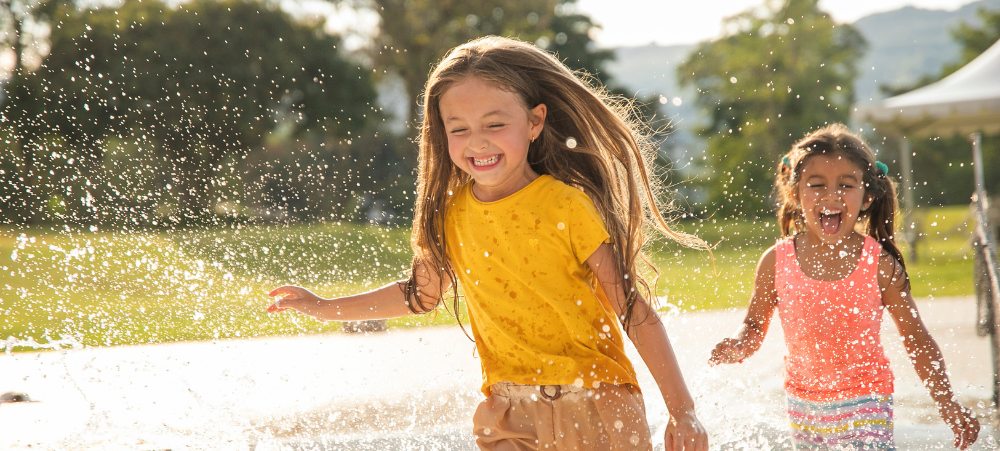Outdoor play is more than just fun—it’s an essential part of a child’s development. Playing outside supports physical health, cognitive growth, social skills, and emotional well-being. Regular exposure to fresh air, natural light, and unstructured play helps children learn, explore, and thrive in a balanced way.
1. Supports Physical Health
Active outdoor play strengthens muscles, improves coordination, and promotes cardiovascular health. Running, climbing, and jumping help children develop gross motor skills while burning energy in a natural and enjoyable way.
2. Enhances Cognitive Development
Outdoor environments stimulate curiosity and problem-solving. Exploring nature, building with sticks, or navigating playground structures encourages creativity, critical thinking, and decision-making. Unstructured play fosters imagination in ways structured indoor activities cannot.
3. Boosts Mental and Emotional Well-Being
Time outdoors reduces stress, improves mood, and enhances attention span. Exposure to sunlight helps regulate sleep patterns and provides essential vitamin D, supporting overall brain function and emotional regulation.
4. Encourages Social Skills
Playing with peers outdoors teaches cooperation, negotiation, sharing, and conflict resolution. Whether it’s a game of tag, building a fort, or playing sports, children learn essential interpersonal skills through interactive play.
5. Fosters Independence and Risk Assessment
Outdoor play allows children to assess risks and make decisions on their own. Climbing a tree or balancing on a log encourages confidence, problem-solving, and an understanding of personal limits in a safe environment.
6. Connects Children to Nature
Spending time outside nurtures an appreciation for the environment and promotes environmental stewardship. Observing plants, animals, and weather patterns helps children understand the natural world and their role in it.
7. Supports Better Sleep
Active play and exposure to natural light help regulate circadian rhythms, leading to better sleep at night. Children who play outdoors tend to fall asleep faster and sleep more deeply.
8. Encourages Creativity and Exploration
Unstructured outdoor play provides endless opportunities for creativity. Children invent games, explore new ways to interact with their environment, and engage their imaginations in ways that indoor play often cannot replicate.
Incorporating outdoor play into daily routines benefits children physically, mentally, and socially. By encouraging time outside, parents can help children develop healthy habits, creativity, and resilience while fostering a lifelong connection with nature.
Sources
American Academy of Pediatrics – The Importance of Play in Promoting Healthy Child Development
Child Mind Institute – Benefits of Outdoor Play for Children
Harvard T.H. Chan School of Public Health – Children and Nature
We understand that there are many aspects that encompass a Mother, Father or Child and strive toward providing resources and services that accommodates this.
Our content is aimed to inform and educate families on issues starting from pregnancy through to the challenges of the teen-age years.
- Say Hello to the Ultimate Holiday Brunch Bite - December 17, 2025
- Tiny Toons Looniversity Returns: Meet the Voice Behind Plucky and Hamton! - December 12, 2025
- From Pain to Possibility: Panado®’s New Marketing Campaign, Highlights The Joy Of Pain Relief - December 10, 2025





